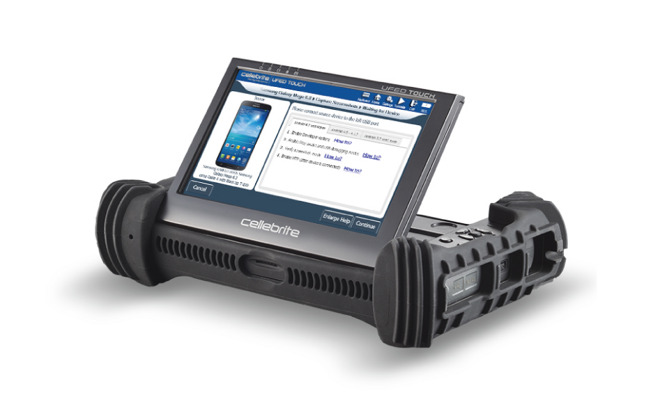An Israeli forensic software company, Cellebrite, is helping the FBI try to unlock the iPhone 5c used by San Bernardino shooter Syed Farook, according to a national newspaper.

If the firm succeeds the FBI will be able to drop requests for help from Apple, reported Yedioth Ahronoth, as quoted by Reuters. The paper didn't say how Cellebrite was attempting to break into the phone, or what kind of progress it might be making.
On Monday, the U.S. Department of Justice asked a federal court to postpone a Tuesday hearing intended to review the order asking Apple to build a passcode limit removal for the FBI. A filing indicated only that "an outside party" had shown the FBI a possible means of unlocking Farook's phone, and that if successfully tested it would negate the need to recruit Apple.
The government has until April 5 to update the court, and Apple said it will be asking for further information on the vulnerability.
Should Cellebrite's option not work, courts may once again have to test the FBI's interpretation of the All Writs Act. A decision one way or another could set a major precedent, either limiting or unleashing the amount of help U.S. law enforcement can recruit when trying to bypass encryption.
Apple has argued that such a precedent could be dangerous both domestically and internationally, and that compelling the creation of new software is tantamount to compelling speech. It has also suggested that the order would undermine iOS security, exposing it not just to law enforcement and spy agencies but to hackers and criminals.
Conversely, some in government have expressed concerns about the Internet "going dark" to legal searches and warrants, since criminals and terrorists can theoretically hide behind encrypted apps and operating systems.


